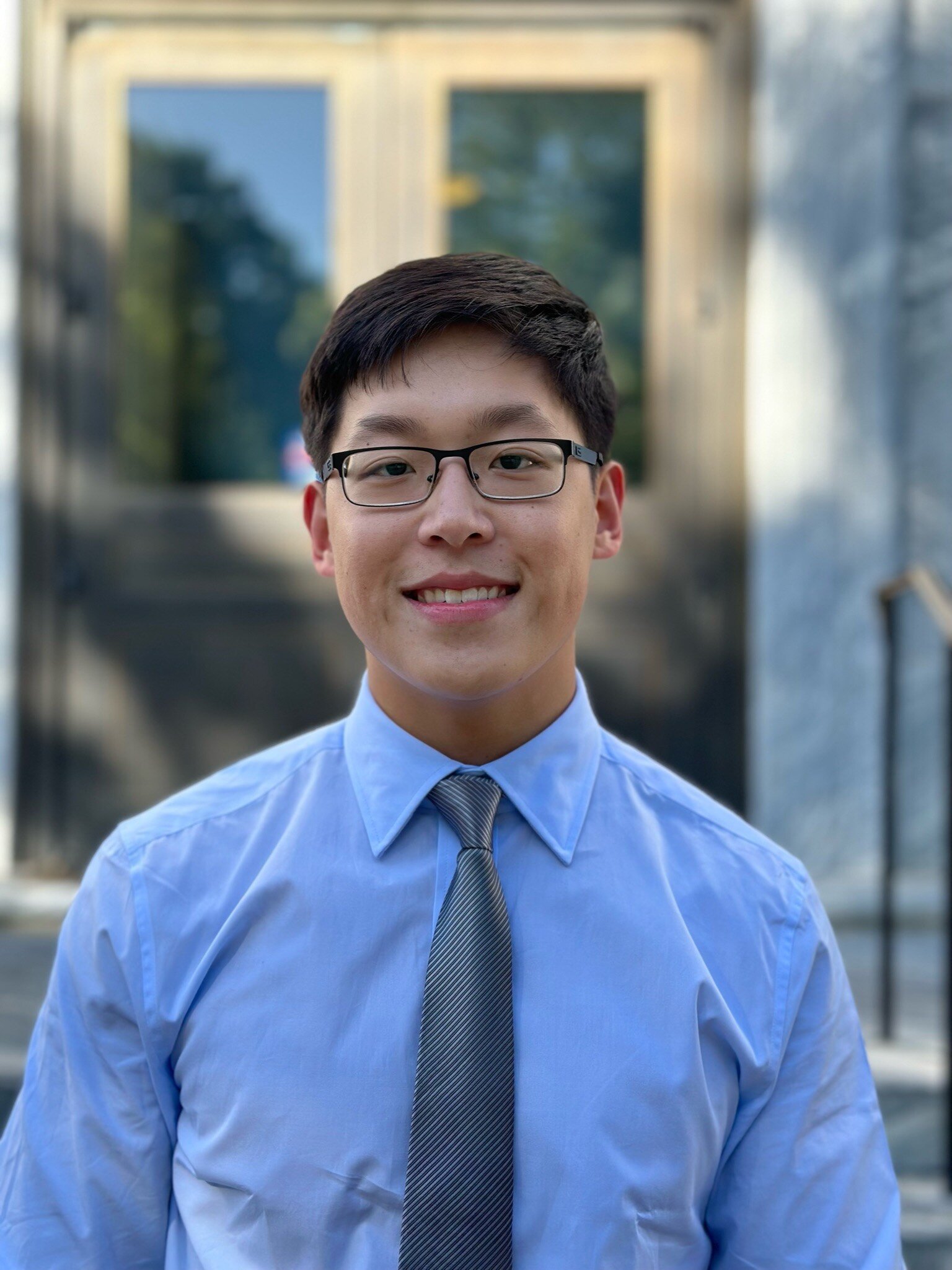The process of applying to medical schools is undoubtedly daunting - crafting primary and secondary essays, along with prepping for interviews, can take months. Not to mention the years that go into building your GPA, learning content for the MCAT, and pursuing a diverse, myriad of extracurricular activities. Thankfully, institutions like the AAMC and medical schools set numerous requirements for many of these factors, giving students an objective standard of what’s required. However, this means a lot more nebulous factors, like letters of interest and intent, are up to the student’s discretion. Let's clarify what these letters are and when they should be implemented.
Update Letters
These are page-long letters that are often sent throughout the application cycle, usually between October and May. Many students use update letters to showcase new grades or significant awards (can link to Nikita’s article from CC). However, it can also be an opportunity to bring an admissions committee’s attention to publications. These ideally would be peer-reviewed articles that have been accepted in a journal, but they can also be preprints as well: articles with DOI identifiers that haven’t been accepted anywhere yet, but still represent the completion of a large research effort. So long as you’re transparent about what stage the manuscript is in, you can’t go wrong with mentioning any form of scientific progress. If you’ve started a new job or had the opportunity to bolster a weaker part of your application, this would also be a good place to write meaningfully about those experiences, and the takeaways you’ve already managed to pull from them.
Letters of Interest
These letters can be utilized for two main purposes: indicating your passion towards a school in hopes of receiving an interview invitation, or reinforcing your interest in a school after interviewing there. If your application was complete at a particular school by August, it’s an appropriate time to send a letter of interest around mid-November if you haven’t yet heard from them. Otherwise, give admissions committees at least two months to determine your eligibility for an interview before sending them a letter. Often, students will combine letters of interest and updates, where the first half of the letter focuses on any professional progress they’ve made since submitting their application and the second half will specify the reasons an applicant is drawn to a particular school. Try to be specific! List out reasons that a school would be a good fit for you based on your own interests and application. If you’ve already interviewed at a school, it can be helpful to send a letter of interest within a month after your interview, or whenever the school indicates is an appropriate time. This way, the admissions committee can have adequate time to consider the new information in your application before making a final decision.
Letters of Intent
These forms of communication may be the most controversial, as they theoretically imply a binding commitment. They tell a school that if you are given the opportunity to attend, you will absolutely take it. To maximize the sincerity of these letters, an applicant should only consider sending one if they’ve been offered an interview. Otherwise, if you haven’t had other means of connecting with a school on a deeper level, you may appear as being naïve towards such a serious commitment. Out of professionalism and sincerity as an aspiring physician, you should only send one of these letters to a single school you are certain you would attend, if accepted. If you send letters of intent to multiple schools who all accept you, it can reflect incredibly poorly on your integrity. This would be an unnecessary risk to take in a medical field that is extremely tight knit, and could damage relationships with institutions you may train at in the future. Additionally, sending a letter of intent and subsequently not accepting an offer can only hurt other, future applicants who may plan on sending similar letters to their dream school. Even if you have serious doubts about your ability to attend a school solely due to financial limitations, you can always stick to a Letter of Interest that contains the same level of enthusiasm for a school. If you end up sending a letter of intent, try to also stick to a page. Begin with any updates you may have since you last communicated with the school, and close out the letter with detailed reasons of why you’re certain they are the ideal setting for your medical education. This could involve personal connections to the school, including any students or faculty that have helped you create such a positive impression of their institution. You can recall the conversations you had with your interviewers, who may have fostered your passion towards a curriculum or research opportunity. Or, it could include unique programs that resonate with your own application, that you simply cannot obtain elsewhere. Either way, make it clear you are intending to enroll if offered a spot by stating this in your letter and titling your document “Letter of Intent”. This document should be uploaded or sent any time after your interview.
Ultimately, make sure you research each school’s preferences about any type of letter following application submission. Some schools may not accept any letters, and others may limit the number of times you can communicate to their office via updates. Try to be intentional and succinct. Repeating the same information or updates in multiple letters of interest can leave readers with a bad impression; they’re humans who have already been reading through hundreds of essays! Remember that a letter of interest or intent is only an exceptionally small piece of a much larger puzzle, the majority of which you’ve already put together. At the end of the day, be patient, and trust that the preparation you’ve already dedicated to this process will take you as far as you need to go!

Comments